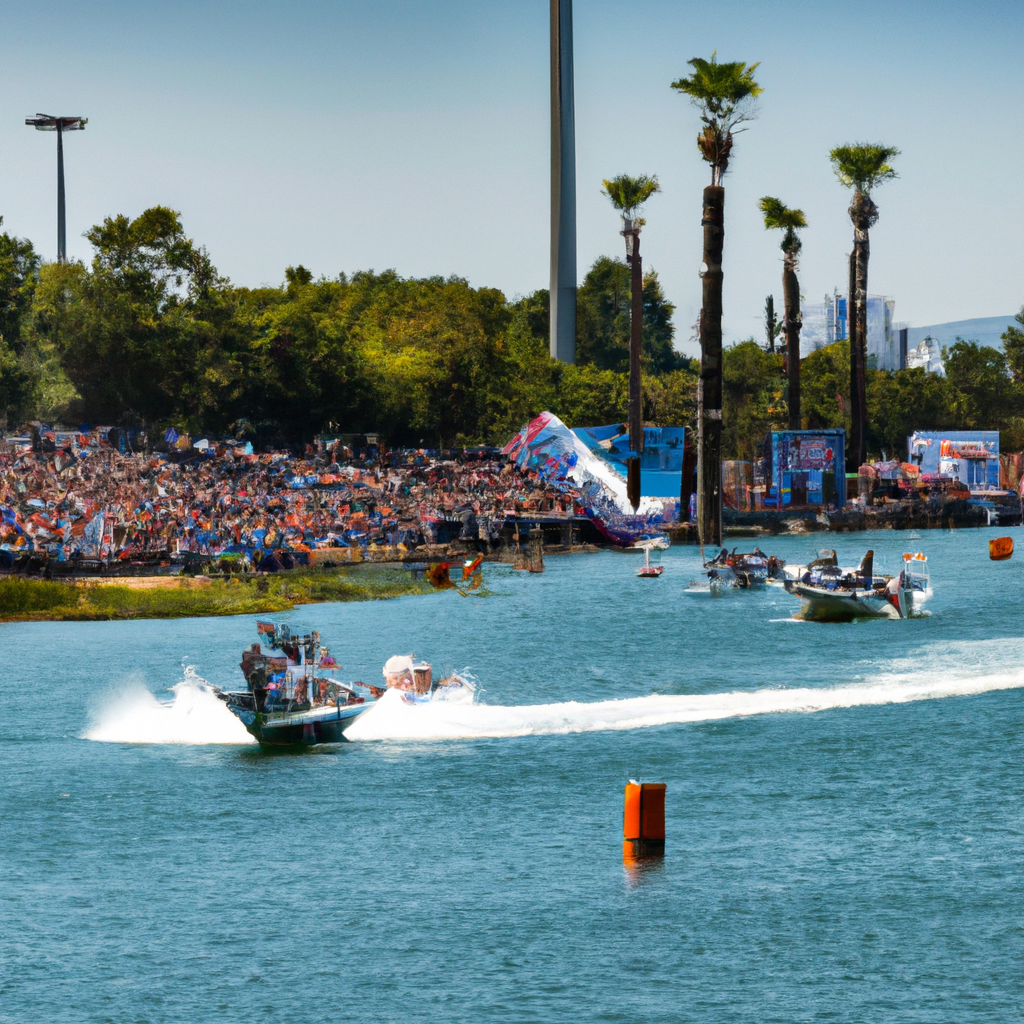Sailing Seas of Competition: A Look at Local and International Nautical Events and Competitions

The fascinating world of water sports has gained considerable recognition over the years, both locally and internationally. From sailing regattas to canoe races, these exciting events attract crowds of spectators and participants from around the world, generating a significant impact on the global economy and tourism. This article offers a detailed overview of the most prominent nautical events and competitions, provides a practical guide for those interested in participating, and examines the economic and tourism impact of these events. In addition, it will explore the rich history and evolution of major international nautical competitions, demonstrating how they have influenced and been influenced by the changing social, political and technological landscape. Join us on this journey along the exciting wave of water sports.
- 1. "Overview of the most important local and international nautical events"
- 2. "How to participate in nautical competitions: Requirements and tips"
- 3. "Economic and tourist impact of nautical competitions at a global level"
- 4. "History and evolution of the main international nautical competitions."
1. "Overview of the most important local and international nautical events"
Nautical events and competitions, both local and international, cover a wide range of maritime activities ranging from yacht races, regattas, sailing and rowing competitions, to sport fishing tournaments. Among the most prominent international ones are the America's Cup, which is the oldest and most prestigious yachting competition in the world, and the Vendée Globe, known for being the toughest and longest single-handed, non-stop, unassisted regatta. As for local events, each region has its own distinctive competitions, such as the San Diego to Ensenada Race in California, or the Annapolis to Newport Race in Maryland. These events not only serve to demonstrate nautical skills and improve watermanship, but also foster camaraderie and respect for the marine environment.
2. "How to participate in nautical competitions: Requirements and tips"
Participating in sailing competitions requires prior preparation, both physically and mentally, as well as meeting certain requirements. Firstly, it is necessary to have a sailing licence appropriate for the type of boat to be used in the competition. In addition, many events require participants to have some sailing experience, so a specific number of sailing hours may need to be completed before being able to compete. Liability insurance is also essential, and in some competitions a medical certificate attesting to the participant's physical fitness is required. As for advice, it is essential to familiarise yourself with the competition rules and to train regularly to maintain and improve sailing skills. A good understanding of wind and currents, as well as effective tactical planning, can be decisive in sailing competitions. Finally, the importance of safety on the water should never be underestimated, so you should always have the right safety equipment.
3. "Economic and tourist impact of nautical competitions at a global level"
Sailing competitions worldwide have a significant economic and tourism impact. They generate a large volume of direct revenue through ticket sales, sponsorships and media broadcasts, and indirect revenue through the stimulation of the local economy in sectors such as hospitality, catering and retail. They attract a multitude of international visitors to the host cities, promoting tourism and putting these regions on the world map. In addition, sailing events often encourage the creation of infrastructure and services that last beyond the competition, benefiting the local community in the long term. Sailing tourism also contributes to raising awareness about the importance of the oceans and the need for their conservation, promoting sustainable tourism.
4. "History and evolution of the main international nautical competitions."
International sailing competitions have a long and fascinating history dating back to ancient times, with the Olympic Games in ancient Greece already featuring boat races. In more modern times, the America’s Cup, founded in 1851, is recognised as the oldest international sailing competition still taking place. It has evolved over time, moving from traditional sailing boats to high-speed catamarans and state-of-the-art monohull yachts. Other major events on the international sailing calendar include the Volvo Ocean Race and the Vendée Globe, which are long-distance sailing races that test the limits of human endurance and nautical technology. These competitions have grown in popularity and prestige, attracting professional and amateur sailors from around the world and becoming valuable drivers of innovation and development in the world of sailing.
